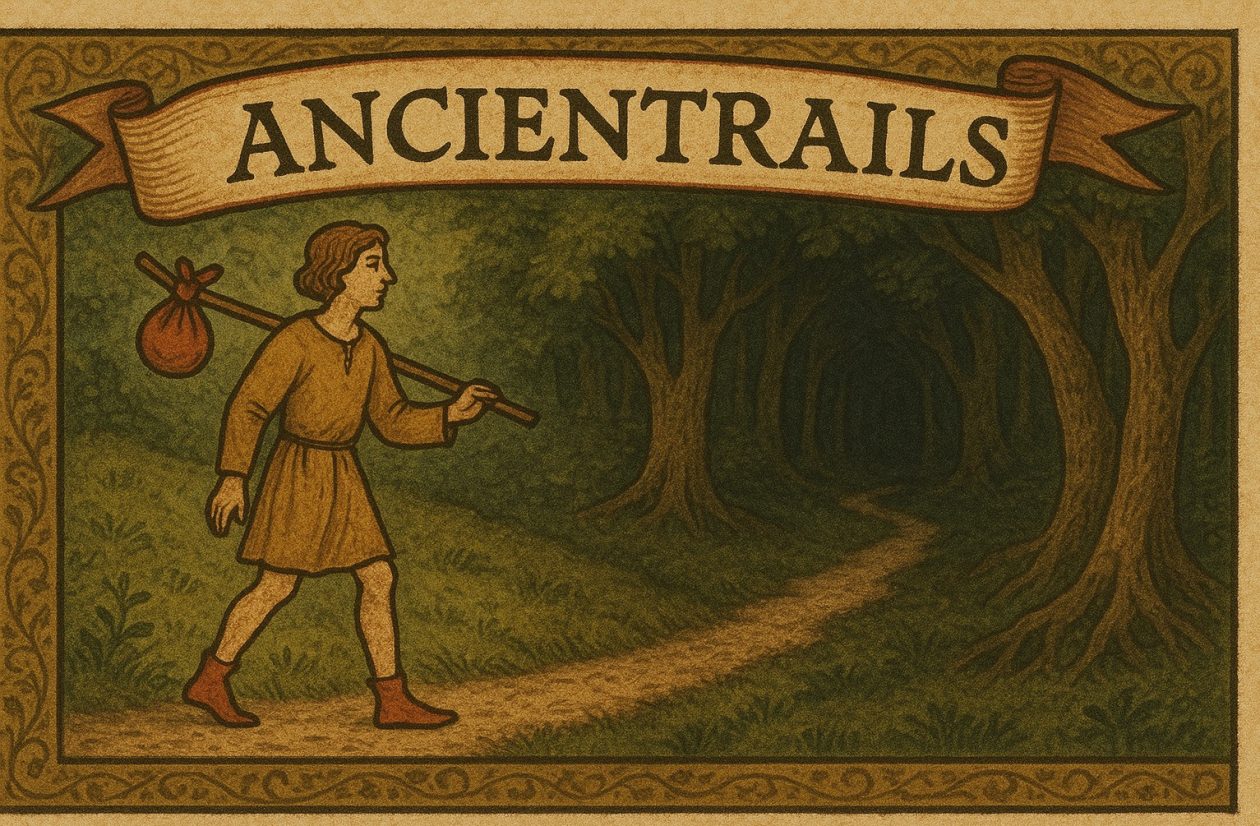May 22, 2010 Beltane Waxing Planting Moon
While reading an article about Trevor-Rope, a British historian, I learned that Gibbon wrote Decline and Fall in an attempt to answer the problem raised by the Enlightenment’s idea of progress. This triggered, for some reason, an echo of the talk by Siah Armajani at the MIA a couple of weeks ago. A successful artist and philosophically inclined Iranian, he said, “I don’t know how to make legs. [this in response to a question wondering why there were no legs on the figure he said represented himself in an installation currently on display at the MIA in the Until Now exhibition.] I try to stay within my skill set.”
I’ve not tried to stay within my skill set in that I’ve lived what I call a valedictory life, one typified by reaching to another skill, like say, beekeeping or vegetable gardening or becoming a docent, rather than following the trail laid down by my more obvious gifts: scholar, poet, writer, political activist, monk [that is, a person oriented toward the inner world]. That’s not to say I’ve abandoned them, I haven’t; but I keep myself off balance by continually being on what I love, a steep learning curve.
This lead me to wonder just what my skill set is and what I would be doing if I chose to remain within it. A notion came to me, though it’s not the first notion along these lines that I’ve had, but I thought some about what it would mean to stick with it, see it through to the end.
My study contains stacks and shelves of books arranged because they speak to a general interest I have: the Enlightenment and modernism, the Renaissance, Carl Jung, American philosophy, matters Chinese, Japanese, Cambodian and Indian, Poetry. You get the idea.
Ian Boswell, a recent Mac grad, and pianist for Groveland UU, said he loved my presentations because they presented a “clear stream of ideas.” I said, “The history of ideas.”
There is a core skill set: I have a decent grasp of the history of certain big ideas in Western thought and a much less comprehensive, but still extant, notion of the history of certain ideas in the East as well. I can communicate about these ideas in a manner accessible to most.
So. Put that together with new definitions/understandings of the sacred, the reenchantment of the world, an earth/cosmos oriented approach to the inner life, an historical and ecology examination of Lake Superior, Thomas Berry’s Great Work, a long immersion in the Christian and liberal faith traditions, a now substantial learning in art history, an awareness of and some skill in the political process and work on translating Ovid’s Metamorphosis, an idea begins to present itself.
A series of essays, monographs loosely tied together through a historical, ecological and political look at Lake Superior might use the Lake as a particular example. It could be the thread that held together thoughts on emergence as a redefinition of the sacred, a symbol reenchanted in another {this is where the work on Ovid could play a role.], a place where the Great Work can focus in another [this is where the political would be important], a look at the history of ideas related to lakes and nations, placing Lake Superior in an art historical context by examining photographs, drawings, paintings, poetry and literature related to it.
It’s a thought, anyhow.
